Books
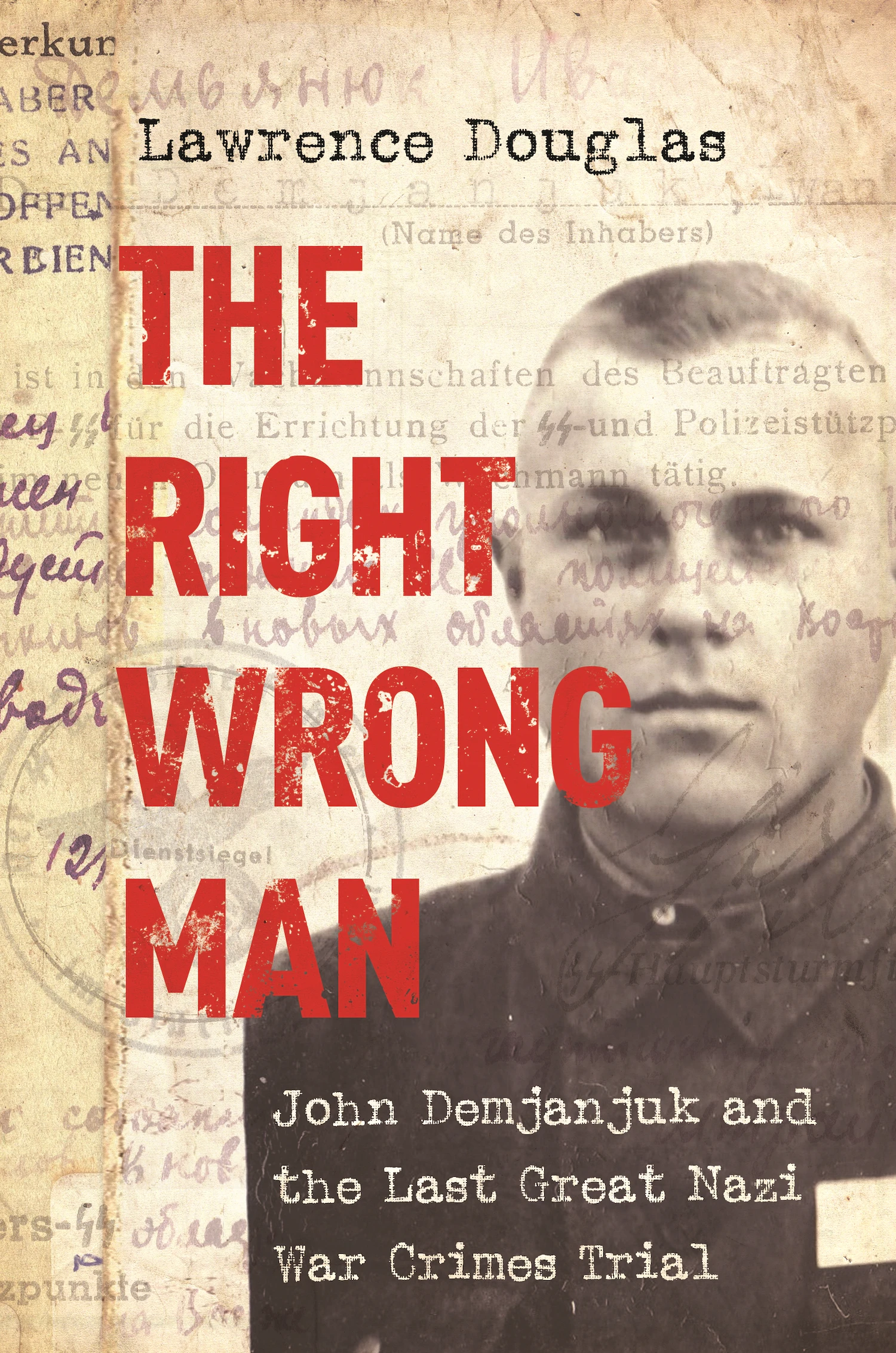
The Right Wrong Man: John Demjanjuk and the Last Great Nazi War Crimes Trial
By Lawrence Douglas. In 2009, Harper’s Magazine sent war-crimes expert Lawrence Douglas to Munich to cover the last chapter of the lengthiest case ever to arise from the Holocaust: the trial of eighty-nine-year-old John Demjanjuk. Demjanjuk’s legal odyssey began in 1975, when American investigators received evidence alleging that the Cleveland autoworker and naturalized US citizen…
Read more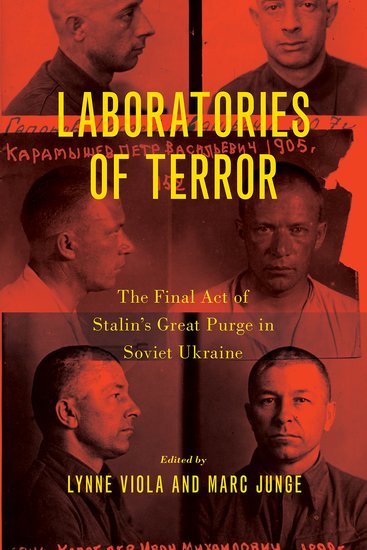
Laboratories of Terror: The Final Act of Stalin’s Great Purge in Soviet Ukraine
Edited by Lynne Viola and Marc-Stephan Junge. Laboratories of Terror explores the final chapter of Stalin’s Great Terror in Soviet Ukraine. When the Communist Party Central Committee and the Council of People’s Commissars of the USSR halted mass operations in repression in November 1938, large numbers of mainly Communist purge victims whose cases remained incomplete were…
Read more
Sex and the Nazi Soldier: Violent, Commercial and Consensual Encounters during the War in the Soviet Union, 1941-45
By Regina Mühlhäuser. Translated by Jessica Spengler. Examining the sexual crimes committed by German troops in the occupied territories of the Soviet Union during the Second World War Covers all types of sexual encounters: from violent and coerced practices to commercial and consensual relations Reveals differences and complexities in the responses of the Wehrmacht and…
Read more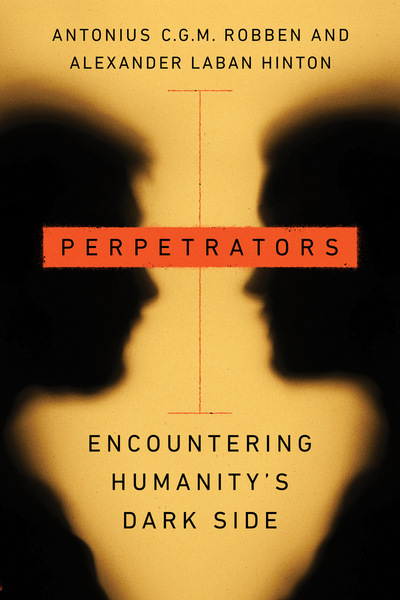
Perpetrators: Encountering Humanity’s Dark Side
By Antonius C.G.M. Robben and Alexander Laban Hinton. Perpetrators of mass violence are commonly regarded as evil. Their violent nature is believed to make them commit heinous crimes as members of state agencies, insurgencies, terrorist organizations, or racist and supremacist groups. Upon close examination, however, perpetrators are contradictory human beings who often lead unsettlingly ordinary…
Read more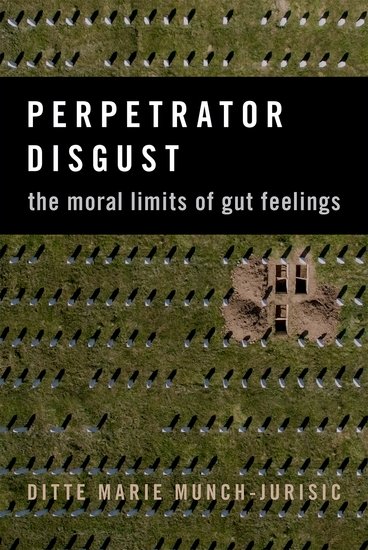
Perpetrator Disgust: The Moral Limits of Gut Feelings
By Ditte Marie Munch-Jurisic. What is the significance of our gut feelings? In this volume, Munch-Jurisic considers this question through the phenomenon of perpetrator disgust. Across time and cultures, individuals who have committed atrocities have been known to exhibit severe emotional and physical distress during the act of violence or upon recalling it, with symptoms…
Read more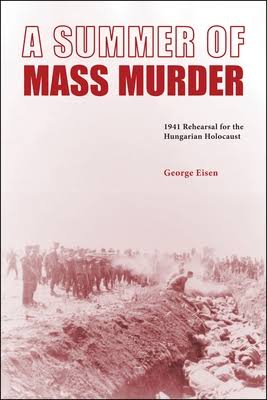
A Summer of Mass Murder: 1941 Rehearsal for the Hungarian Holocaust
By George Eisen. Most accounts of the Holocaust focus on trainloads of prisoners speeding toward Auschwitz, with its chimneys belching smoke and flames, in the summer of 1944. This book provides a hitherto untold chapter of the Holocaust by exploring a prequel to the gas chambers: the face-to-face mass murder of Jews in Galicia by…
Read more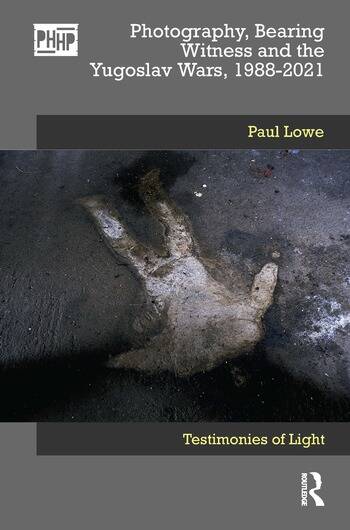
Photography, Bearing Witness and the Yugoslav Wars, 1988-2021: Testimonies of Light
By Paul Lowe. Combining case studies with theoretical and philosophical insights, this book explores the role of photography in representing conflict and genocide, both during and after the break-up of Yugoslavia. Concentrating on the photographer, this book considers the practice of photojournalism rather than simply in terms of its consumption and use by the media….
Read more
A Troubled Sleep: Risk and Resilience in Contemporary Northern Ireland
By James Waller. In contemporary Northern Ireland, more than two decades after the peace agreement that ended the thirty-year sectarian violence known as “the Troubles” the risk of a return to violent conflict is not only present but growing. Drawing on ethnographic fieldwork, comparative research, and over 110 hours of face-to-face interviews with a diverse…
Read more
A Transnational History of Right-Wing Terrorism: Political Violence and the Far Right in Eastern and Western Europe since 1900
Edited by Johannes Dafinger and Moritz Florin. A Transnational History of Right-Wing Terrorism offers new insights into the history of right-wing extremism and violence in Europe, East and West, from 1900 until the present day. It is the first book to take such a broad historical approach to the topic. The book explores the transnational dimension of…
Read more
On Screen and Off: Cinema and the Making of Nazi Hamburg
By Anne Berg. On Screen and Off shows that the making of Nazism was a local affair and the Nazi city a product of more than models and plans emanating from Berlin. In Hamburg, film was key in turning this self-styled “Gateway to the World” into a “Nazi city.” The Nazi regime imagined film as a powerful…
Read more
